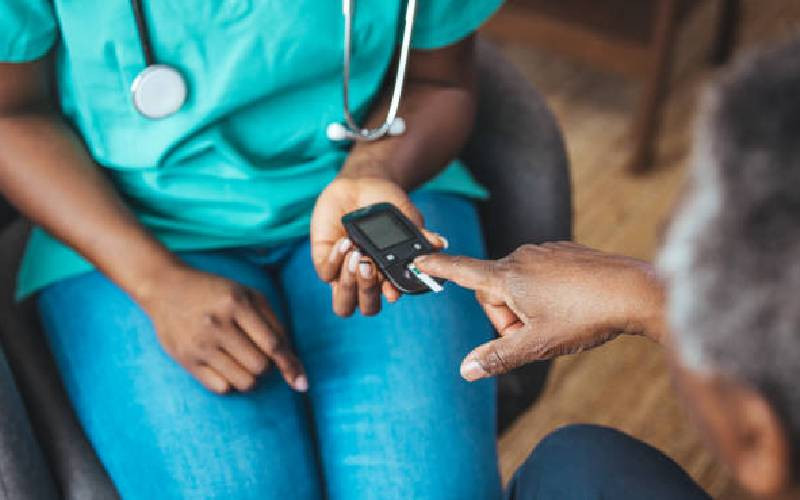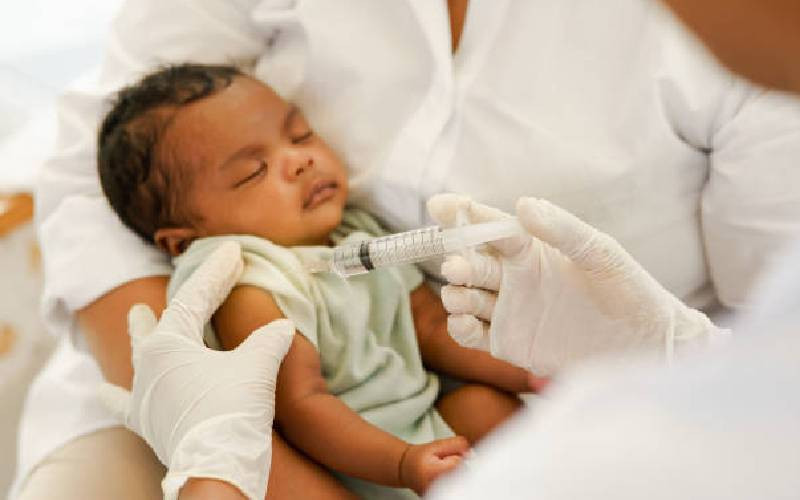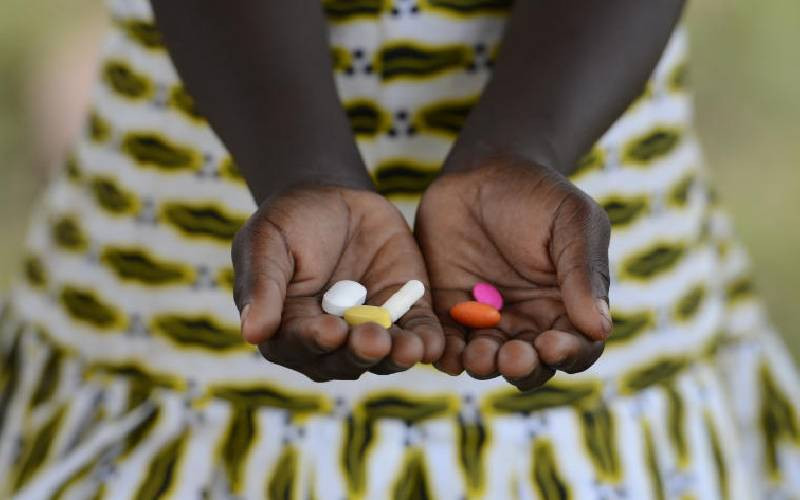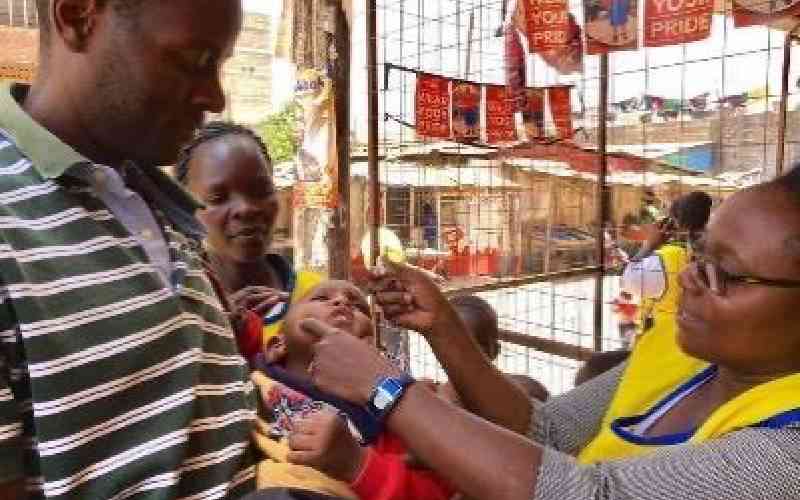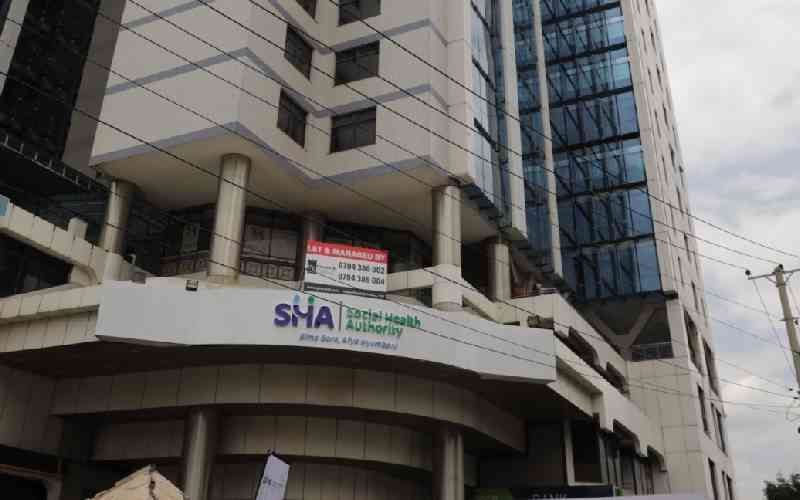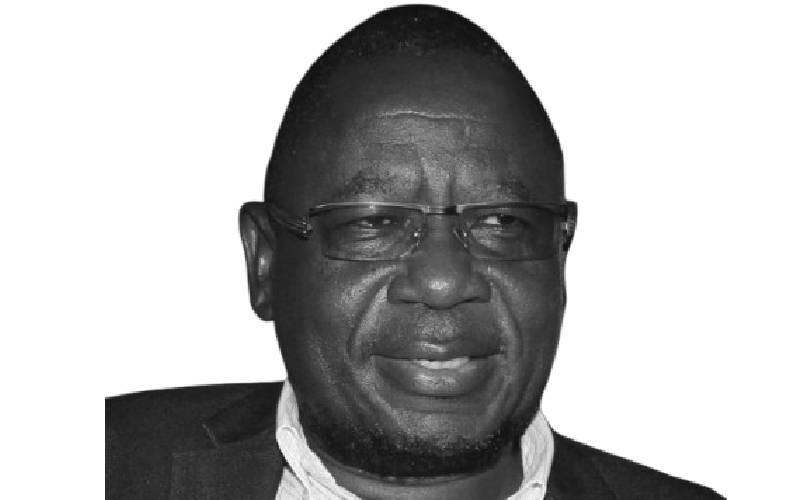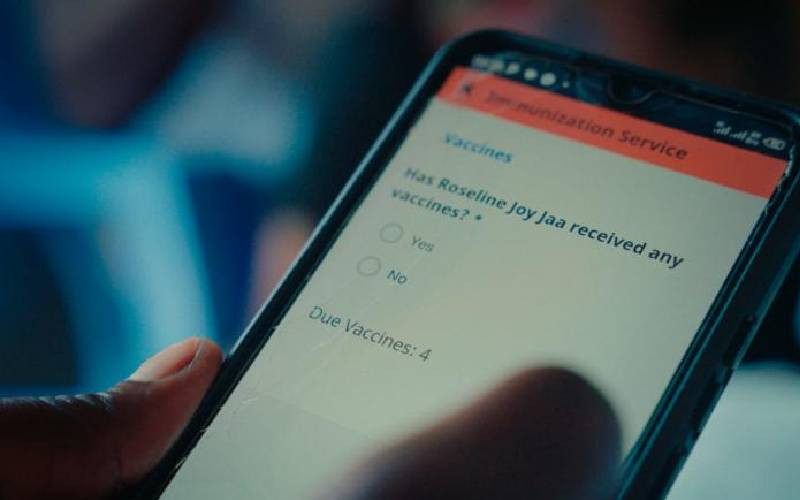
In September 2023, Kenya launched a Community Health Promoters (CHP) initiative with more than 100,000 CHPs trained and equipped, supported by digital tools and enshrined in the Primary Health Care law.
The President stated, "Kenyans will now be served at their homes in the spirit of our transformative tact to serve the people." He said the health promoters will provide a defined preventive and promotive health services package. Since then, several African countries have visited the country to learn and benchmark how to effectively deploy primary health care.
From a value-for-money perspective, community health is one of the best investments African governments can make. Every unit of currency invested in community health yields a tenfold return. Such bold investments are essential for Africa to progress toward the 2030 Health Sustainable Development Goals.
To illustrate investment in community health, consider Atieno, a community health promoter in Homa Bay County. She oversees 100 households with 557 people. On Saturday, she visits Odhiambo, a 52-year-old teacher, and his wife, Achieng, a 39-year-old teacher, in her sixth month of pregnancy.
Achieng shows no signs of pregnancy complications. She has been attending ante-natal clinics as required and has her birth preparedness plan ready. Atieno, Achieng, and Odhiambo are all happy.
Before Atieno leaves, she screens Odhiambo for high blood pressure and diabetes, as previously trained. Odhiambo's blood pressure reads 170/100 mmHg, above the 140/90 mmHg cutoff. Atieno explained the result and referred him to the local health centre.
At the clinic, Odhiambo is diagnosed with high blood pressure and starts chronic care, including medication and lifestyle changes. Following health professionals' advice, he becomes more active on his farm and eats a healthier diet. After two years, he maintains normal blood pressure without medication, thanks to gradual management by local health professionals. Odhiambo lives a productive and fulfilling life.
Imagine a different pathway. If Odhiambo was not screened for high blood pressure, he could have suffered stroke at, say, age 54. His family would drain their savings on medical care only for him to die at 55. The family loses its breadwinner and savings. Most health systems in Africa cannot afford such expensive care at scale, considering that per capita expenditure on health is generally below $100.
- Local organisation to benefit from a $60 million to support for health equity in Kenya
- Africa to redouble efforts boost health safety through manufacturing
- Thorny path to UHC: Kenya's struggle with inclusion and promise of digital accessibility
- State accelerates digital transformation of healthcare
Keep Reading
Notice the different pathways for Odhiambo's family and Kenya's health system. In this case, securing Odhiambo's health through screening leads to growth and prosperity for the family, health system, and education sector. In contrast, focusing largely on healthcare without adequate investment in prevention and early diagnosis is ineffective.
If African leaders implement policies that foster an optimal balance between the pursuit of health and healthcare, the continent will be on a course toward well-being and prosperity. As illustrated through the two scenarios, for low-resource settings, the pathway to sustainability involves making wise choices on how financial inputs are invested in the health system's processes.
In line with the new health laws, investing in well-trained, equipped CHPs is crucial for achieving Universal Health Coverage. Kenya's example shows that bold advances in community health require adaptive leadership involving decisive yet empathetic engagement of all stakeholders.
In addition, Kenya’s experience demonstrates that using mobile phone-based digital data tools for community health promoters can enhance data completeness and accessibility while lowering costs.
Coupled with digital tools, application of insight-focused data analytics enhanced through artificial intelligence can allow better investment and increase return on investment of community health promoter programs across Africa.
-Mary Muthoni Muriuki is the Principal Secretary of the State Department for Public Health and Professional Standards, and Dr Ndirangu Wanjuki is the Country Director of Amref Health Africa in Kenya
 The Standard Group Plc is a multi-media organization with investments in media platforms spanning newspaper print
operations, television, radio broadcasting, digital and online services. The Standard Group is recognized as a
leading multi-media house in Kenya with a key influence in matters of national and international interest.
The Standard Group Plc is a multi-media organization with investments in media platforms spanning newspaper print
operations, television, radio broadcasting, digital and online services. The Standard Group is recognized as a
leading multi-media house in Kenya with a key influence in matters of national and international interest.

